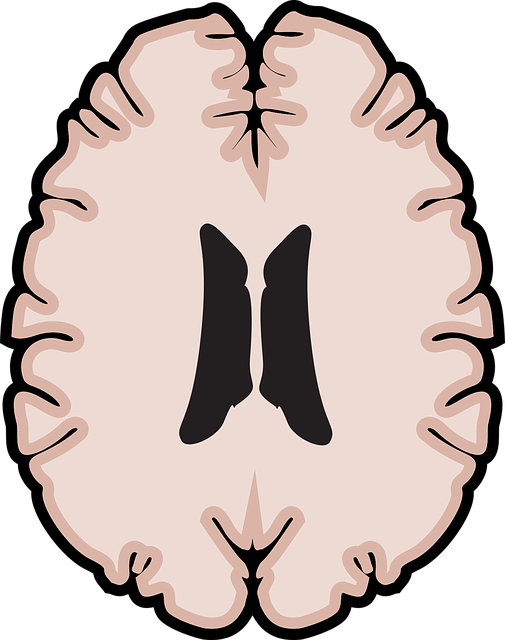Mental health advocacy, spearheaded by organizations like Westminster Couples Counseling Therapy (WCCT), is transforming communities by destigmatizing mental health issues and promoting equal access to care. WCCT implements innovative initiatives such as community outreach programs and a mental wellness podcast series to boost individual confidence and emotional well-being. Globally, these efforts have increased awareness, encouraged early intervention, and led to equitable therapy access, fostering positive change and prioritizing mental wellness as a key component of overall health.
Mental health advocacy initiatives play a crucial role in fostering awareness and ensuring support for individuals grappling with psychological well-being. This article explores the significance of these efforts, shedding light on why they matter and who is involved. We present a local example, highlighting Westminster Couples Counseling Therapy’s successful advocacy strategies. Additionally, we draw inspiration from global initiatives that have made significant impacts, offering valuable insights to drive positive change.
- Understanding Mental Health Advocacy: Why It Matters and Who's Involved
- Westminster Couples Counseling Therapy: A Local Example of Effective Advocacy
- Global Impact: Successful Mental Health Advocacy Initiatives to Inspire Change
Understanding Mental Health Advocacy: Why It Matters and Who's Involved

Mental health advocacy plays a pivotal role in creating a society that prioritizes well-being and support for all individuals. It involves raising awareness, promoting understanding, and advocating for policies and services that address mental health concerns. At its core, advocacy aims to reduce stigma, ensure equal access to care, and empower those facing challenges like anxiety relief. This is where Westminster Couples Counseling Therapy steps into the spotlight, offering specialized services and contributing to a broader movement.
Advocacy initiatives can take many forms, from community outreach programs to policy reforms. Mental health educators design programs that equip individuals with communication strategies to navigate conversations around mental wellness. By involving various stakeholders—from healthcare professionals to policymakers and community leaders—advocacy efforts gain momentum. This collaborative approach ensures that the needs of diverse populations are met, fostering an environment where mental health is no longer a taboo subject but a fundamental aspect of overall well-being.
Westminster Couples Counseling Therapy: A Local Example of Effective Advocacy

Westminster Couples Counseling Therapy (WCCT) stands as a beacon of hope and effective mental health advocacy in local communities. This counseling center has been at the forefront of promoting mental wellness through various initiatives. One notable approach is their Community Outreach Program Implementation, which aims to bridge the gap between therapy services and those who may not typically seek professional help. By offering free or low-cost sessions and educating the public on mental health, WCCT boosts confidence among individuals, encouraging them to take control of their emotional well-being.
Furthermore, the center’s Mental Wellness Podcast Series Production has played a significant role in destigmatizing mental health conversations. These podcasts provide valuable insights and tips for maintaining healthy relationships and managing stress, reaching a wide audience through digital platforms. Through such innovative strategies, Westminster Couples Counseling Therapy exemplifies how local efforts can significantly impact the mental health landscape.
Global Impact: Successful Mental Health Advocacy Initiatives to Inspire Change

Mental health advocacy initiatives around the globe have significantly contributed to raising awareness and shaping policies that improve access to care. These efforts have inspired countless individuals to take control of their mental well-being, fostering a culture where conversations about anxiety relief, depression prevention, and resilience building are becoming more normalized.
Successful campaigns, like those led by Westminster Couples Counseling Therapy, demonstrate the power of community engagement and education. By advocating for mental health awareness, these initiatives reduce stigma, encourage early intervention, and promote equitable access to therapy. The impact is far-reaching—from individuals finding the courage to seek help to policymakers implementing evidence-based practices that support overall well-being.
Mental health advocacy initiatives, from local therapies like Westminster Couples Counseling to global movements, play a pivotal role in fostering understanding and breaking down stigma. As seen in successful examples worldwide and even in our own communities, such as the work of Westminster Couples Counseling Therapy, these efforts empower individuals, promote early intervention, and ensure accessible support for mental well-being. By continuing to advocate and educate, we can create a more inclusive and supportive society for everyone’s mental health.














